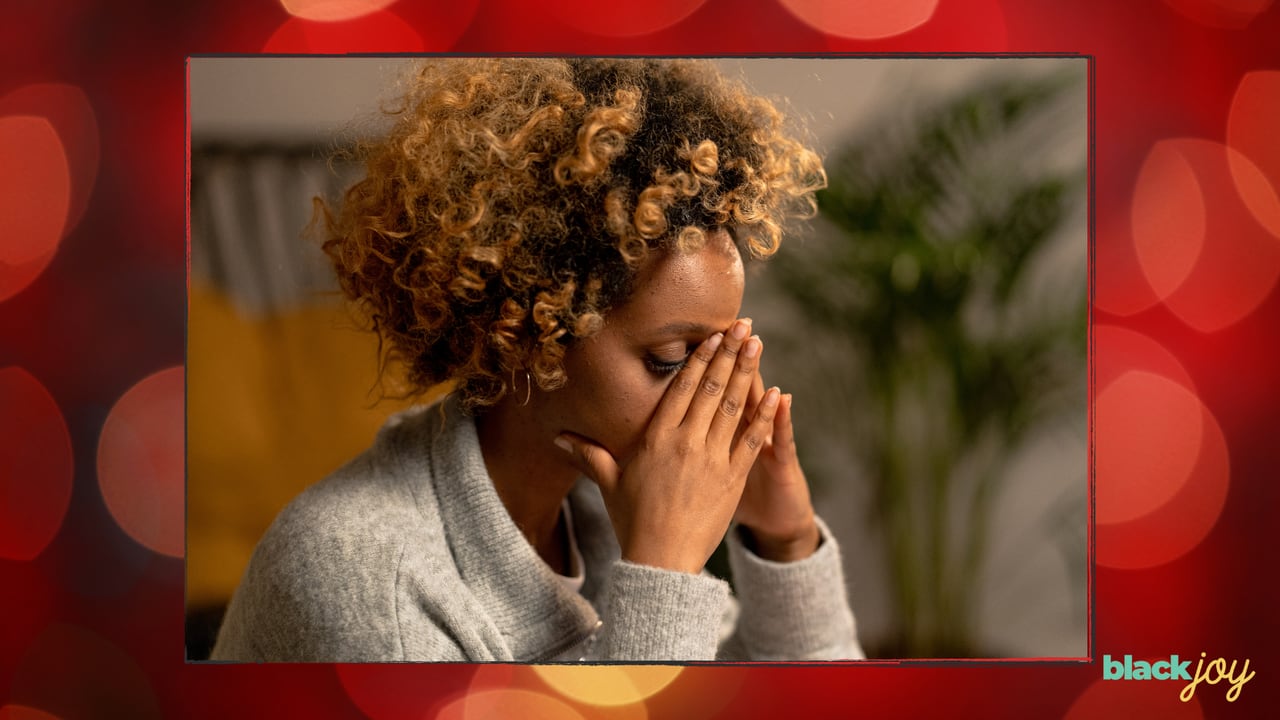The Happiest time of the year is the hardest when youâre grieving
The holidays were magical for me as a child. It was just something in the air. Maybe it was the anticipation for Christmas gifts or hanging out with my favorite cousins I didn’t get to see often. But with time comes lots of change. Loss of that starry-eyed childhood innocence. Sour relationships with loved ones. For young girls who grew into young women before their family’s eyes, the holidays could become a dreaded season. Unsolicited comments about your body. Questions about your dating life. For me, the magic faded and my feelings about the holidays exist somewhere between indifference to nostalgia for the good times.
Others may be reeling from unimaginable loss. Death of a loved one. The end of a romantic relationship. Cut ties with toxic family members. These things can consume us with grief during the holidays. It can make what is touted as a joyful season feel like a nightmare. But just because we are bombarded with media depictions and decor that this is the most wonderful time of the year, doesn’t mean joy is a requirement. Sometimes there is grief and only grief. And that is okay, too.
Kristina Mucker, a 30-year-old living in Portland, is also learning to honor the ways grief has shifted how she relates to the holidays. Growing up, Christmas was a big deal in her household and over the years she began to care less about the presents and more about quality time with family. And while quality time is still at the forefront of how she prefers to spend her holidays, this year things are a little different.
“My father passed away in September. The loss is still fresh and so there are more days than not where the grief is all-consuming. My mother visited me in Portland for Thanksgiving, which was a much needed and beautiful trip, but I will be spending Christmas away from her and my family again this year,” she tells me.
Navigating the loss of a parent is difficult enough, but it can be an isolating experience during the “happiest” time of the year. Nonetheless, Mucker is not running away from the fact that grief will be at the forefront of her holiday experience this time around. But that doesn’t mean joy is completely absent.
“Being around others who understand that I am not operating at a hundred but still want to be in community with me will always be what brings joy into my life.”
Sometimes being among the ones who love us is enough to lighten the load of grief. I know this even from my own family. My great-grandmother, the matriarch of the family, passed away on Christmas eve in 1989. And to this day, I can sometimes hear the grief, perhaps not as thick as it was over 30 years ago, in my grandmother’s voice when she recalls it. Still, she is all smiles during the holidays because fellowshipping with family is the way her and siblings have honored their mother’s memory.
Whether you are dealing with decades-long grief or the fresh grief of a recent loss, you have a right to exist in your grief no matter the time of year. Mucker affirms this when sharing advice on how to manage grief,
“Don’t let others dictate or make you feel bad for how you need to grieve. Grief looks different for everyone, and I think it’s a shame when people, especially those close to us, try to tell us what we need to do instead of supporting us in how we need to grieve.”
Joy is your birthright, but it is not a requirement. Like grief, it is an experience that ebbs and flows and shifts throughout our lives. This holiday season honor your feelings, honor your right to grieve without apology.
